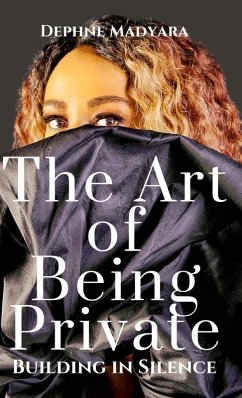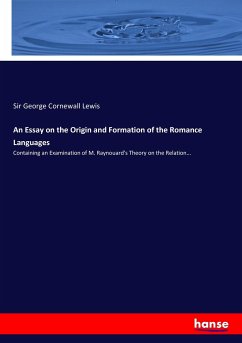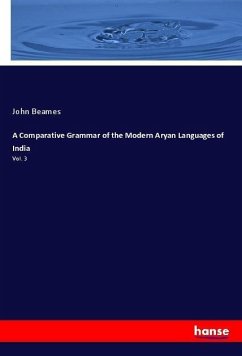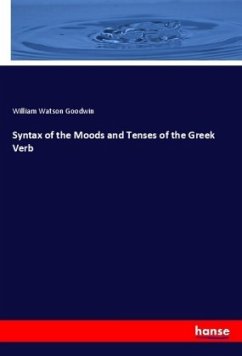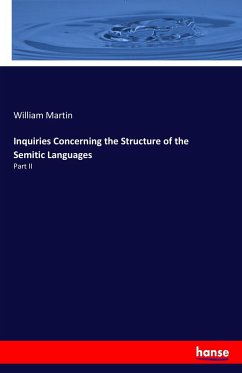
Time and Private Languages
Wittgenstein, the Japanese court poets, and Proust in Jacques Roubaud's work of memory
Versandkostenfrei!
Versandfertig in 6-10 Tagen
66,99 €
inkl. MwSt.

PAYBACK Punkte
33 °P sammeln!
This essay centers on the poet Jacques Roubaud, and his mnemonic reworking of Marcel Proust' Remembrance of things past, the philosophy of Ludwig Wittgenstein, and medieval Japanese poetics. It brings to light an implicit, formerly hidden meaning in Roubaud s work. His books of poems show how our author casts the issue of self-definition in discourse as a response to one of the central paradoxes regarding language and social interaction, exemplified in Ludwig Wittgenstein s private language argument. In Roubaud s six-volume prose, he affirms that he suspended the use of poetic memory, which is...
This essay centers on the poet Jacques Roubaud, and his mnemonic reworking of Marcel Proust' Remembrance of things past, the philosophy of Ludwig Wittgenstein, and medieval Japanese poetics. It brings to light an implicit, formerly hidden meaning in Roubaud s work. His books of poems show how our author casts the issue of self-definition in discourse as a response to one of the central paradoxes regarding language and social interaction, exemplified in Ludwig Wittgenstein s private language argument. In Roubaud s six-volume prose, he affirms that he suspended the use of poetic memory, which is an experimental renunciation of poetic language in order to explore what happens to written truth when private lyricism is absent. If one forsakes the poetic function of language, meanings that inform other types of writing degenerate and die, thus remaining as mere chatter, or the tautology of everyday life.





